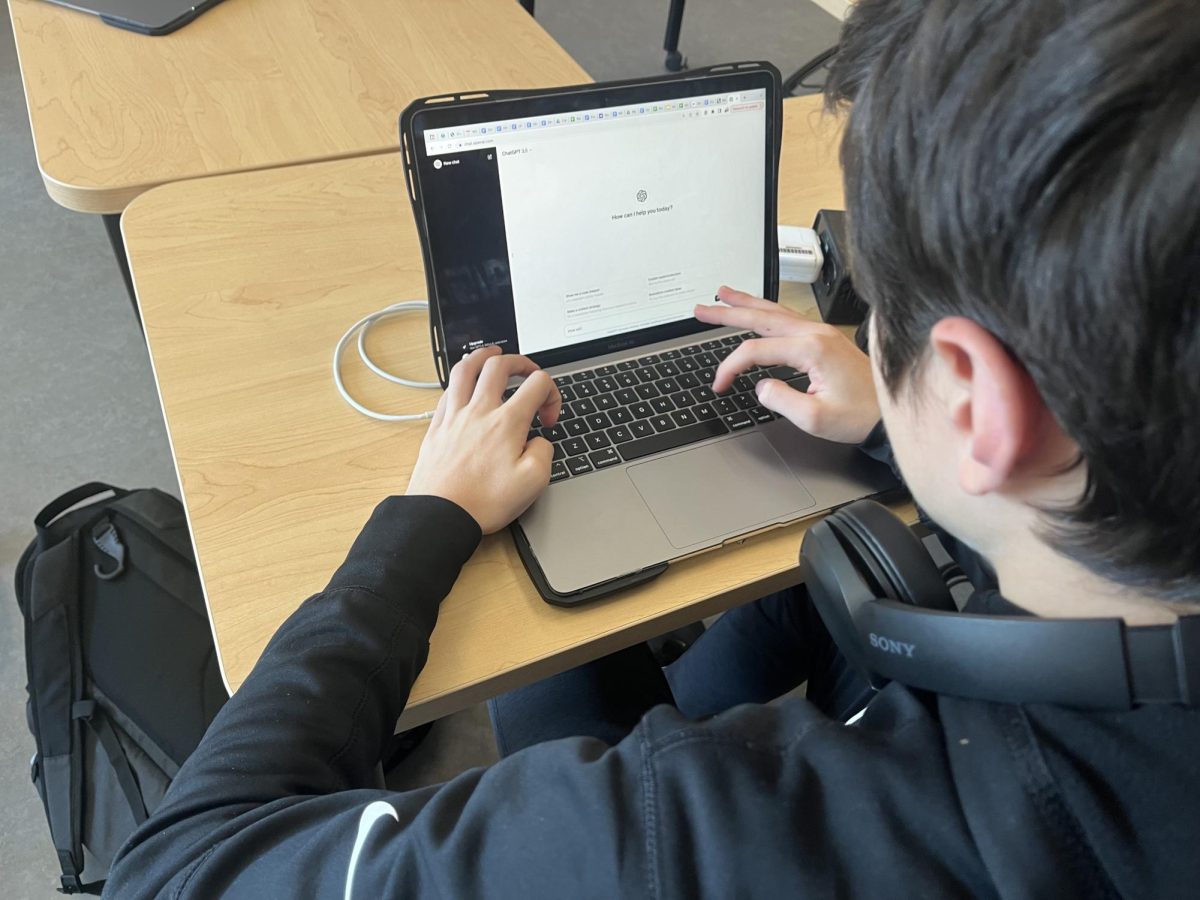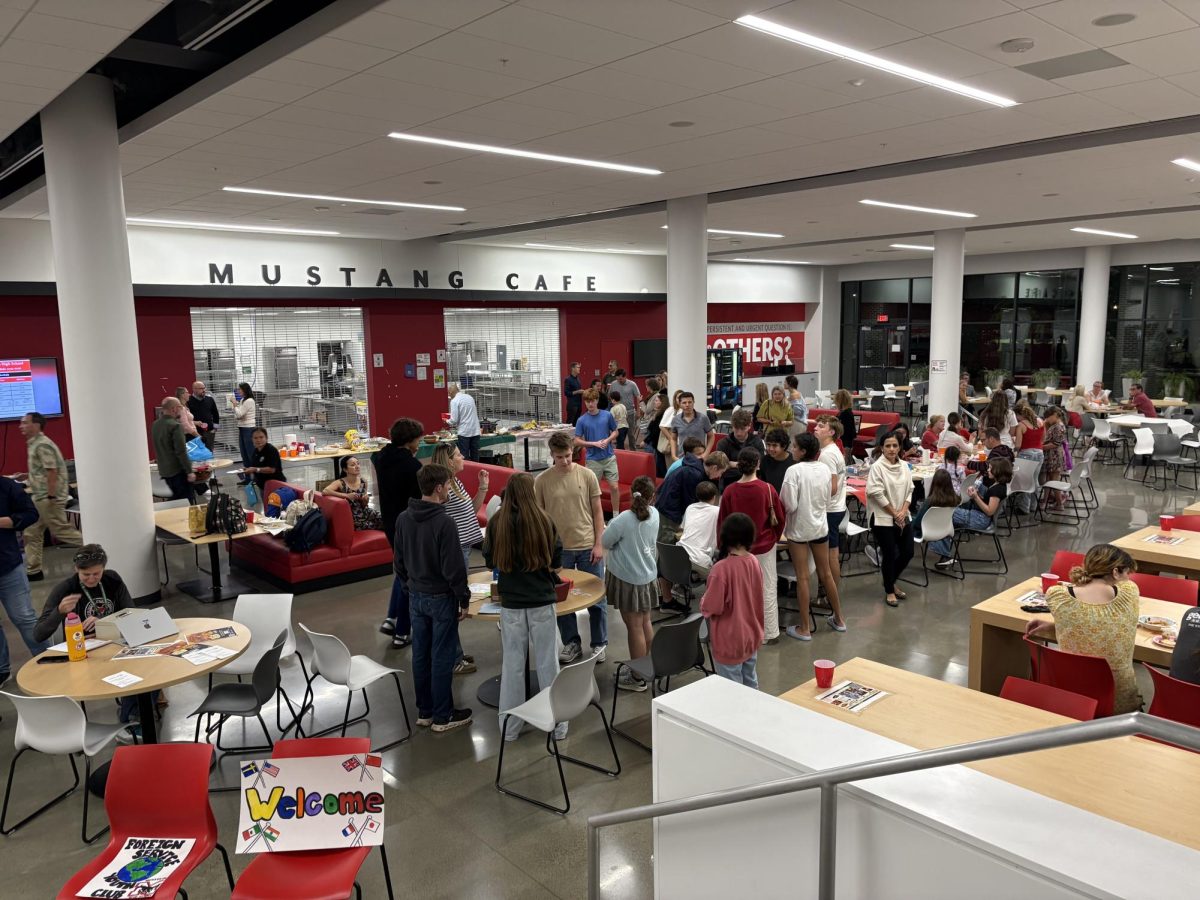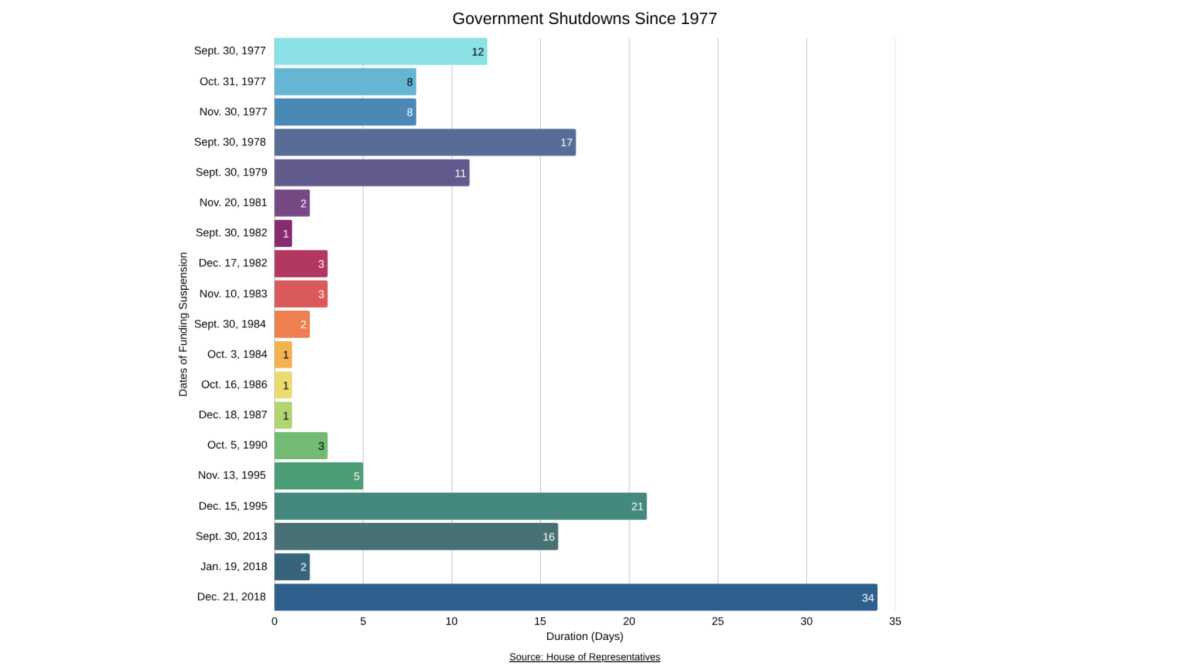Business is in an era where the need to be rapid, precise and efficient is at an all time high. Humans are becoming too expensive for simple tasks that could be more hastily completed by Artificial Intelligence (AI). While this doesn’t mean that AI will steal everyone’s jobs, it does mean that some jobs will be replaced while others will be forced to integrate and adapt alongside this emerging technology.
Based on IBM’s Global AI Adoption Index study, 35% of businesses have already implemented AI in one way or another. “AI adoption has been gradual as organizations work to implement holistic strategies, but the long-term trend is clear: only one in five companies today don’t plan to use AI,” notes IBM. AI is quickly transforming traditional job roles with 32.9% of businesses already replacing some human tasks with AI solutions according to Authority Hacker. Some of these tasks include data entry and mathematical calculations.
Jobs that will see significant change are ones that could become replaced by automation. IBM defines automation as: “…the use of technology to perform tasks where human input is minimized… shifts in workflows triggered by these advances [of AI] could expose the equivalent of 300 million full-time jobs to automation,” according to a published report by Goldmen Sachs in April of 2023. Two-thirds of U.S. occupations are estimated to be exposed to some degree of automation, with a quarter to half of their workload potentially replaced by AI. However, the report notes that not all automated work will result in job layoffs, as AI is more likely to complement than substitute most jobs and industries. Jobs that are replaced by automation have generally been offset by the generation of new jobs. New occupations that follow technological innovation account for the majority of the long-run employment growth.
“I think it’s going to allow, inside computer science, people to code faster, AI is going to take away the most basic coding jobs,” said Will Snyder, a computer science teacher at Meridian.
“AI is going to write the code for it, the basic outline, and then… it’s going to actually require people to be smarter than AI to know how to fix [the code].” Essentially, people will always be required to fix code even if AI is writing it. “AI is going to change, but we’re going to change with the AI,” said Mr. Snyder.
A study conducted by McKinsey Global Institute indicates that AI will increase job opportunities that require advanced technical skills, critical thinking, and creativity. However, jobs that centered around repetitive tasks could be replaced by AI. So, careers like healthcare and STEM could still see an increase in occupation growth and become increasingly compatible with AI. Careers such as office support and customer service are likely to decrease due to their repetitive nature and automation.
The same principles of the McKinsey Global Institute study support the claims of Nexford University. Nexford claims that customer service representatives, receptionists, accountants/bookkeepers, salespeople, warehouse workers, insurance underwriting and retail are the careers that have the highest chances of being automated by AI in the near future. Whereas, jobs such as teachers, managers, lawyers, and surgeons are not likely to be replaced because they human interaction and critical thinking.
While some termination of specific jobs may be unavoidable, it is necessary that a balance is created between human workers and AI for a harmonious transition as we dive further into the digital age of humanity.










